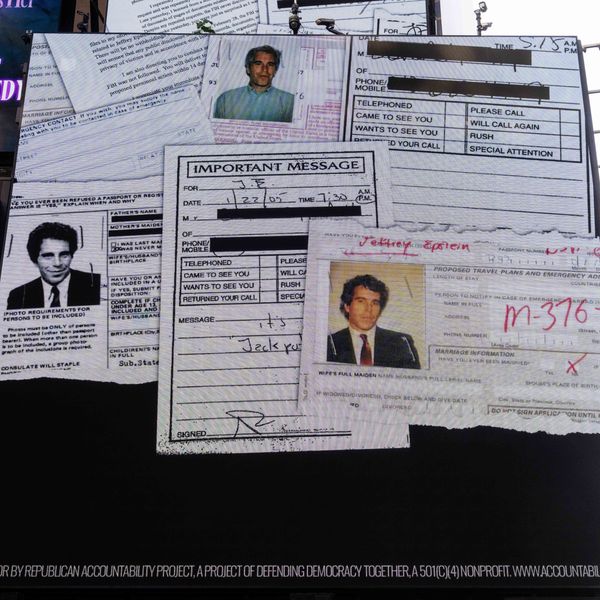The lead of Scott Pelley's 60 Minutes report (11/8/15) on security clearances said it all:
The fugitive Edward Snowden, convicted spy Chelsea Manning and mass murderer Aaron Alexis all had one thing in common, US government security clearances which they turned into weapons.
How do you get Snowden, Manning and the Washington Navy Yard spree shooter in the same category? By treating leaks to the press and a sawed-off shotgun as the same thing: all "weapons." It's a peculiar stance for a TV news magazine that prides itself on its tradition of investigative reporting to take--that getting information out to the public is a form of violence.
It's also odd for journalists to describe Manning, because she was convicted under the Espionage Act, as a "convicted spy." The law forbids giving "an unauthorized person...any classified information," language that was not meant to give the United States an Official Secrets Act, but which has been treated as such by the Obama administration. Regardless of whether this is legal or constitutional, the Act doesn't change the meaning of the word "spy"; presumably when 60 Minutes reporters get classified information from government officials, they don't say to their sources, "Thanks for spying for us."
In a CYA moment, Pelley acknowledges that "some believe that Snowden and Manning were right to expose what they saw as government abuses like the NSA's domestic surveillance program." But a sentence later, he's again referring to the whistleblowers--along with the mass shooter--as "dangerous hands," a line that provides the title for the segment.
Writing about the report for the blog ShadowProof (11/9/15), Kevin Gosztola noted that 60 Minutes
is presenting a national security state argument, which insists more should have been done to catch people like Snowden or Manning, who saw waste, fraud, abuse and illegality, and decided to expose the information to the public. To add on extra layers of scrutiny directed against them inevitably means creating an increasingly chilly climate for potential whistleblowers.
Unfortunately, elite journalists all too often have a tendency to identify not with those who expose official secrets but with those who persecute those who expose them--epitomized by Time's Michael Grunwald writing that he "can't wait to write a defense of the drone strike that takes out Julian Assange" of WikiLeaks. Or David Gregory demanding of Glenn Greenwald on Meet the Press:
To the extent that you have aided and abetted Snowden, even in his current movements, why shouldn't you, Mr. Greenwald, be charged with a crime?
There are more subtle ways of siding with the secret keepers and against the revealers-as when New York Times reporter Charlie Savage told Democracy Now!'s Amy Goodman (11/4/15) not to blame Obama or Bush for the prosecution of whistleblowers, which is something that "just happened":
Because of technology, it's impossible to hide who's in contact with whom anymore, and cases are viable to investigate now that weren't before. That's not something Obama did or Bush did. It's just the way it is in the 21st century, and investigative journalism is still grappling with the implications of that.
As FAIR associate Norman Solomon (Common Dreams, 11/9/15) commented, it's "as if the president at the wheel has little choice but to follow the technological routes that have opened up for Big Brother":
In effect, the message is that--if you don't like mass surveillance and draconian measures to intimidate whistleblowers as well as journalists--your beef is really with technology, and good luck with pushing back against that.
It's true that refraining from using the tools of modern surveillance to wipe out investigative journalism requires a recognition that making public things government would rather keep secret can have a positive value. But if journalists don't acknowledge this, why should we expect the government to?


